According to Dr. Can Van Luc, member of the National Financial and Monetary Policy Advisory Council, there are three issues we need to pay close attention to when wanting to establish an international and regional financial center in Vietnam.
First, Vietnam's policy allows capital account liberalization, which means allowing capital flows in and out of Vietnam freely.
The policy has both benefits and limitations. On the positive side, this policy helps Vietnam attract foreign capital easily, helping Vietnam develop the domestic capital market and innovate. However, it comes with risks such as investors withdrawing capital massively and abnormally when an incident occurs in the Vietnamese economy . At this time, we need to ask the question of how to control risks, avoiding collapses like what happened to many American countries, Korea, and Thailand in the period of 1997 - 1998.
The second issue to pay attention to is related to the Vietnamese Dong. The Vietnamese Dong is relatively weak, converting to other currencies is relatively difficult because this depends on the strength of the economy, the level of political stability, the financial and monetary market, the value of the currency, the ease of trading of the currency to increase the ability to convert, especially cross-border transactions. This is a fairly large barrier. If we want to increase the convertibility of the Vietnamese Dong, we need to go through the legal environment, the strength of the economy, and the stability of the economy.
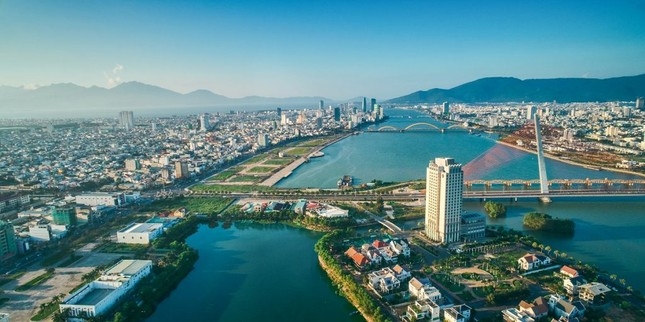
The third issue is related to the current financial transaction methods. We mainly transact on electronic platforms. If we want to build high-rise buildings in Ho Chi Minh City and Da Nang to attract financial institutions and supporting organizations, it is not necessarily the right trend and sometimes even causes unnecessary waste. Instead, we need to focus on investing in digital infrastructure such as data, information technology, and legal frameworks so that financial transactions in Vietnam and internationally are much better than building high-rise buildings with few or no people working there.
According to Mr. Luc, the current leaders of the Government and ministries and branches have conducted surveys on international financial models and markets in many countries. However, we should note that the story of international financial centers happened 10 years ago. Currently, the times and trends have changed. If 20 years ago, financial transactions had to be conducted in centralized financial centers, buildings, and high-rise buildings. However, currently, in the age of technology, financial transactions are mainly conducted electronically and digitally. Vietnam needs to create a way for these transactions to be convenient, low-cost, safe, and effective instead of building high-rise buildings and inviting investors, who may not come because of cost reduction and investment through the digital environment.
The construction of a pilot model for 100% digital banking and a fintech testing mechanism should be built nationwide instead of in some localities. We can pilot in some places like Ho Chi Minh City and Da Nang, but not necessarily only in these two cities.
“Regarding digital assets, we only need a legal framework, licensing of digital platforms to operate systematically, and research orientations on how to accept mainstream digital currencies issued by central banks. We should not encourage and warn people about the risks of privately issued digital currencies such as Bitcoin, and investors should not invest,” Mr. Luc stated his opinion.
Source: https://baohungyen.vn/ba-van-de-cot-loi-de-phat-trien-trung-tam-tai-chinh-3181518.html








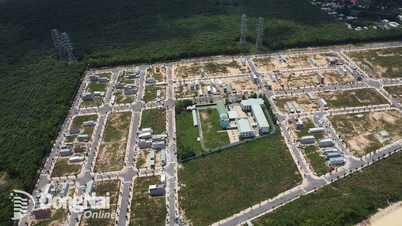

![[Photo series] Many Dong Nai products participate in the Southern Fruit Festival in 2025](https://vphoto.vietnam.vn/thumb/402x226/vietnam/resource/IMAGE/2025/6/1/dacb19003cee4155a6945db67914d9cf)













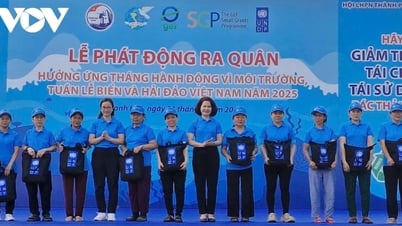
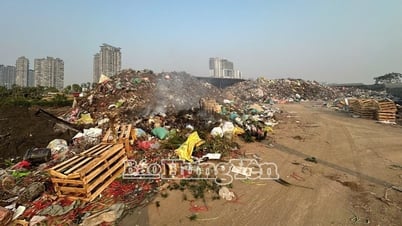





































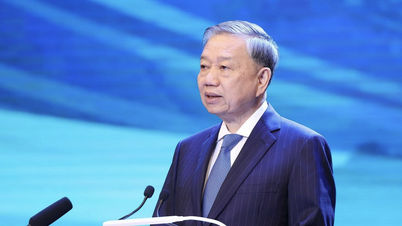













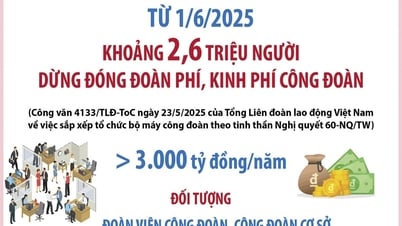
















Comment (0)